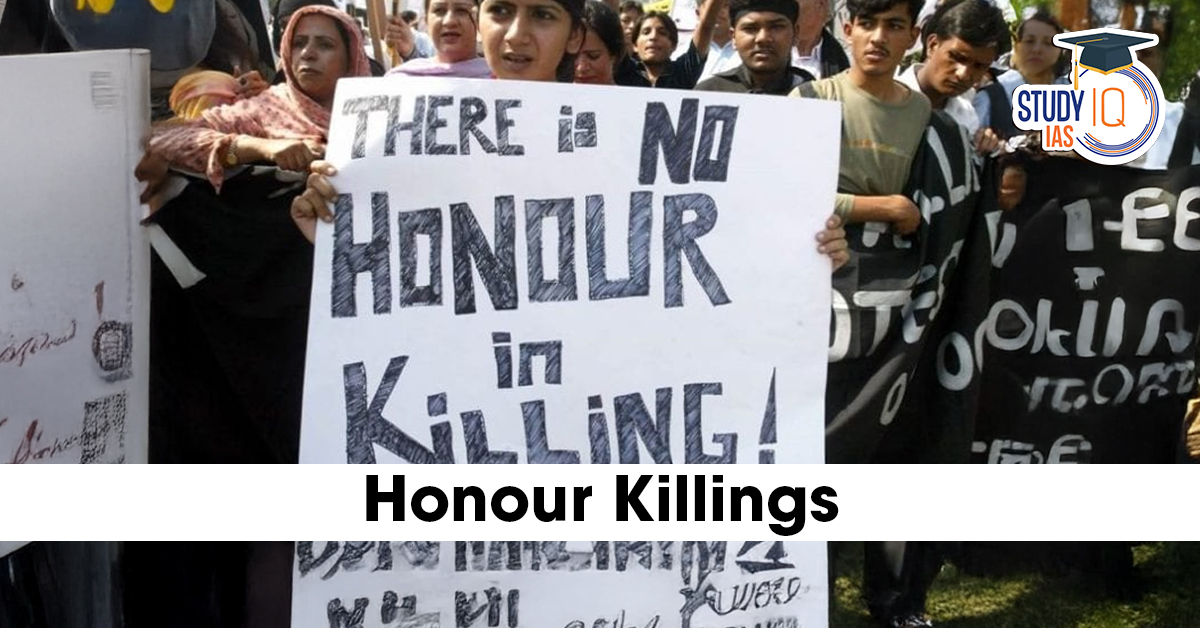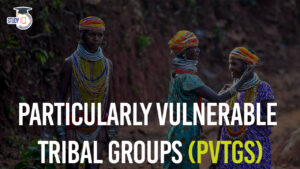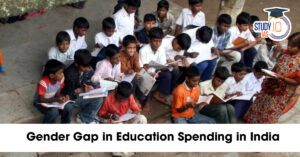Table of Contents
Context: Rising cases of caste-based ‘honour’ killings in Tamil Nadu, Telangana, Maharashtra, and Kerala despite higher inter-caste marriages and Dalit empowerment.
What is Honour Killing?
- Murder of a family member, usually a woman, by relatives/community members for allegedly bringing dishonour/shame to the family.
- Rooted in strict cultural, social, and religious norms about family honour, morality, and behaviour.
- Closely linked to women’s choices in marriage, relationships, sexuality, and modesty.
Causes of Honour Killing
- Caste System: Fear of losing caste purity/status; hostility to inter-caste/same gotra marriages.
- Patriarchal Norms: Women denied autonomy; marriages seen as the family’s honour transaction.
- Caste Panchayats (e.g., Khap): Informal caste bodies impose punishments, often killings.
- Gender Imbalance: Skewed sex ratios fuel control over women’s marriage choices.
- Social Status: Family honour prioritised over personal liberty or individual achievements.
Consequences of Honour Killing
- Human Rights Violation: Direct attack on the fundamental right to life; reinforces gender inequality.
- Social Impact: Families/communities suffer trauma and long-term psychological damage.
- Governance Challenge: Weak legal enforcement and social sanctions enable perpetrators to evade justice.
- Cultural Backwardness: Restricts women’s education/employment; sustains regressive traditions.
- International Impact: Attracts global criticism for human rights violations, harming India’s image.
Constitutional Aspects
- Article 14 – Right to Equality before law.
- Article 15 – Prohibits discrimination on grounds of caste, religion, sex, etc.
- Article 17 – Abolition of untouchability.
- Article 19 – Freedom to choose a partner and association.
- Article 21 – Right to life and personal liberty includes the right to marry a partner of choice.
- Article 39(f) – State to ensure children are free from exploitation and given development opportunities.
Judicial Stand
- Lata Singh vs State of UP (2006): SC condemned violence against inter-caste couples; termed honour killings “barbaric.”
- State of UP vs Krishna Master (2010): SC upheld life imprisonment for honour killing convicts.
- Arumugam Servai vs State of Tamil Nadu (2011): Parents may disown but not harass children for inter-caste marriages.
- Shakti Vahini vs Union of India (2018):
- Honour killings = violation of fundamental rights.
- Directed states to set up special cells and protect threatened couples.
Attempts for Reform
- Prohibition of Unlawful Assembly (Interference with Freedom of Matrimonial Alliances) Bill, 2011: Targeted khap panchayat-led unlawful assemblies against self-choice marriages; lapsed without enactment.
- Law Commission’s 242nd Report (2012): Recommended a separate anti-honour killing law with clear guidelines for investigation, prosecution, and punishment.


 Particularly Vulnerable Tribal Groups (P...
Particularly Vulnerable Tribal Groups (P...
 Geo-tagging of Buildings During Upcoming...
Geo-tagging of Buildings During Upcoming...
 Gender Gap in Educational Expenditure in...
Gender Gap in Educational Expenditure in...




















